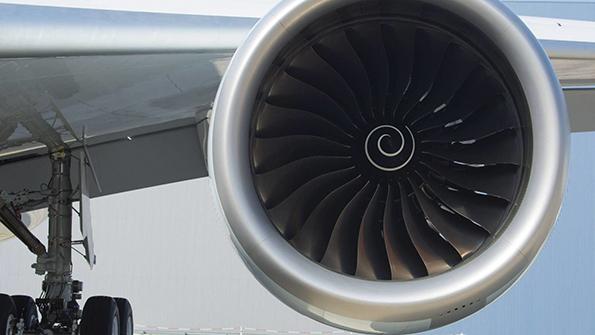
The growth of the Airbus A350 aircraft program, expected to drive the future of the commercial widebody fleet alongside its Boeing 787 competitor, has stalled since the outbreak of the COVID-19 crisis 2.5 years ago. Both programs retain an even market share split, but so far this year the widebody market remains depressed, and recovery to pre-crisis levels is still expected to be some time off. Airbus is projecting that any such recovery lies between 2023 and 2025 for the segment.
Despite a challenging two years for the industry, which saw Airbus suspend production of the A350 at the height of the pandemic in 2020, the OEM has plans to slowly ramp up production volumes. The airframer is reportedly looking to increase production of its A350 family of aircraft from around five per month to six by the end of 2023—a ramp-up delayed from its original date of the autumn of 2022, given the combined impact of sanctions on Russia and an ongoing legal dispute with prominent A350 customer Qatar Airways.
The fortunes of the Rolls-Royce Trent XWB have been aligned with those of the aircraft for which it is the sole engine option since it entered service in 2014. Aviation Week’s Commercial Fleet & MRO Forecast data indicates that there are 1,024 Trent XWB units in service this year, comprising XWB-84K engines on the A350-900 and the XWB-97K on the A350-1000.
After a delay in 2020 to fix technical issues related to premature wear on the engine’s intermediate-pressure compressor blades, the delivery schedule for the XWB remains relatively strong, with 186 engines expected to be delivered this year, according to Aviation Week data. Of these, 122 are on firm order from the manufacturer, while 64 are returning from storage.
Overall demand for widebody aircraft has remained sluggish since COVID-19 has depressed activity in the segment. From the beginning of the crisis, the trend for widebody operators has been to defer maintenance. Specifically, older widebody aircraft types have been grounded or phased out completely, which has reduced demand for MRO.
Given the relative youth of the XWB engine program, major workscopes related to the A350 remain some time in the future. Nevertheless, an increase in MRO spending related to the A350 engine is expected. The overall value of the engine’s aftermarket will increase from 2022’s estimated value of $1.5 billion and more than double by 2025, to $3.6 billion.
From a regional perspective, the Asia-Pacific will account for the largest share of MRO spending in 2022 and will continue to do so for the rest of the next decade. Western Europe’s contribution to the overall market will grow at a faster pace in the next two years and become the second-biggest regional market by 2024, ahead of the Middle East.
Shop visits on the program are some way off from peaking, however. Fifty-two overhaul events are projected for this year and more than double that number, 110, for 2023. Engine overhaul events for the XWB are forecast to reach a decade high by 2030, with 356 such overhaul events anticipated. In 2022-31, engine maintenance is expected to account for the largest share of the A350 aftermarket, at 42%. Over the same time period, component maintenance will account for the second-largest share, at 23%—nearly half that of engine MRO.
Much of this aftermarket work for the engine will be connected to Rolls-Royce through its aftermarket services network, which comprises both joint venture companies and, more recently, outside maintenance providers. Rolls-Royce’s joint ventures with XWB capability include Germany-based N3 Engine Overhaul Services with Lufthansa Technik, Singapore Aero Engine Services with SIA Engineering Co. (SIAEC) and Hong Kong-based Aero Engine Services with HAECO.
The British engine-maker has further expanded its aftermarket network in the past few years. Delta Tech-Ops joined in late 2019 as an authorized service provider with XWB maintenance capability. SIAEC, the Singapore-based maintenance unit of Singapore Airlines (and also the world’s largest A350 operator), expanded its existing in-field services to the Trent XWB in early 2022. These offerings include on-wing support, borescope inspections, engine changes and engine build-up services.





